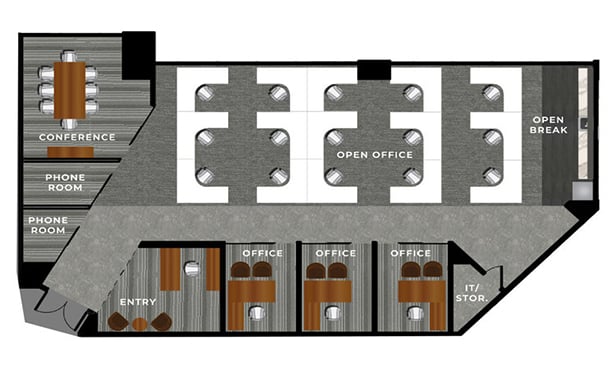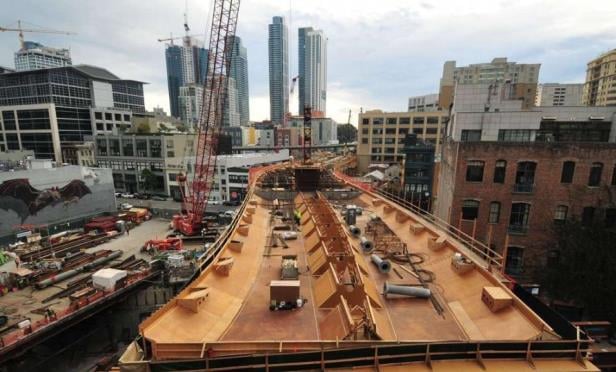MIAMI—When Florida's Construction Defect Statute came into effect on Oct. 1, things changed. As I wrote in part one of this interview, some of the amendments will significantly alter provisions governing Florida Statutes' Chapter 558, which sets forth a procedure and numerous requirements for an alternative method to resolve construction disputes to try to avoid litigation.
GlobeSt.com sat down with Gary Brown, a partner in the Fort Lauderdale office of Arnstein & Lehr, to learn more about the impacts of the amended law in part two of this exclusive interview. Brown is a member of the firm's Construction Practice Group and Board Certified by The Florida Bar in Construction Law.
GlobeSt.com: How will the new law benefit parties willing to make a monetary settlement?
Brown: Previously, the statute required the recipient of a down-stream notice to advise the person sending it whether the recipient was willing to make repairs, and if so, describing them and a timetable for doing so, or whether the claim was disputed. While these options loosely tracked those available to a party receiving a notice directly from the claimant, conspicuously absent was the option to make a monetary offer either in full or in combination with an offer to make repairs.
This omission was likely an oversight by the legislature. To be sure, parties sending and receiving down-stream notices were not expressly prohibited from making monetary settlements. But the change does clarify that a party receiving a down-stream notice must now respond in kind as the party initially receiving the claimant's notice, including the option to offer money to address a defect, subject to the same requirements and limitations.
GlobeSt.com: Discovery is part of any construction litigation. How will the new law facilitate this process?
Brown: The amendments extensively expand discovery, allowing a party to request maintenance records and any other documents related to the discovery, investigation, causation and extent of the alleged defect(s) and any resulting damages. Notwithstanding the broadening of discovery, the amendments also clarify that a party may withhold any documents, which might otherwise be discoverable under chapter 558 on the basis of any recognized privilege under Florida law.
Before the amendment, exchange of available expert reports was mandatory, though such reports could not be used in subsequent litigation for any purpose unless the expert testified or the report was used in the litigation. Now, a party may shield such reports, along with any other requested documents, on the basis of any applicable privileges. It should be noted, however, that the legislature left intact existing language in the statute providing that the withholding of such documents may subject a party to discovery sanctions by the court in the event of subsequent litigation.
Want to know more about this topic? You can still read part one of my interview with Brown: Could This New Law Hinder the Boom?
© 2025 ALM Global, LLC, All Rights Reserved. Request academic re-use from www.copyright.com. All other uses, submit a request to [email protected]. For more information visit Asset & Logo Licensing.







